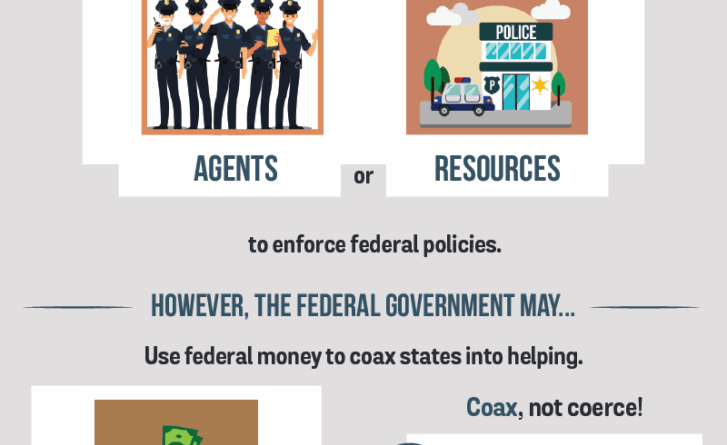DHS Intensifies Standoff with Sanctuary States
This week witnessed the Department of Homeland Security heightening its confrontation with sanctuary states. States including California, New York, and Illinois received warnings about their non-compliance with immigration detainers, threatening potential litigation from federal authorities. In documentation submitted on Sept. 10, the acting director of U.S. Immigration and Customs Enforcement mandated the chief lawyers of the three states to declare their stance on honoring numerous ICE detainers for individuals held at state level, as per the directive of the DHS.
ICE detainers serve as formal requests that urge local jails and prison facilities to inform the agency ahead of undertaking any release operation. They also suggest holding undocumented migrants for a brief time so such individuals can transition into federal custody. With regards to these detainers, Illinois and New York chose non-compliance while California didn’t respond.
Later, on Sept. 18, DHS dispatched subsequent letters aimed at the states. The states were accused of thwarting immigration enforcement measures. The documents also pledged support from the Department of Justice in response to such obstruction. Declining cooperation from these states might prompt DHS to use legal means to prevent the inflow of future federal funding.
The sternly-worded letters cautioned the states that their lack of cooperation might potentially lead to the release of ‘thousands of criminal aliens’ into the respective communities. The letters also promised action, stating, ‘ICE will collaborate with the U.S. Justice Department and other federal allies to seek all fitting actions against you.’
California’s silence was interpreted as consistent denial to honor ICE detainers, and potentially risking the release of numerous criminal aliens into Californian neighborhoods. Similar cautionary notes were received by New York after two assistants of the state governor affirmed the state’s decision not to increase their cooperation with DHS requirements.
Individuals released by the states include undocumented migrants who face serious charges such as sexual offenses against minors, assaults on law enforcement officers with a lethal weapon, indecent assault and battery, along with those implicated in drug trafficking and weapons charges. Federal regulations clearly outline that immigration detainers direct local prison and jail administrations to ensure a detainee remains in custody for an additional 48 hours following the scheduled release date, thereby facilitating the transfer into the hands of ICE.
Historically and legally, such detainers have been deemed as requests. Some state and local authorities have gone as far as to criminalize compliance with such requests. In turn, some legal proceedings have proposed that detaining individuals without a legally-issued warrant can confront constitutional challenges.
States like California, New York, and Illinois have enacted separate laws constraining their responsiveness towards ICE detainers. Local law enforcement in California is disallowed from abiding by these detainers unless the individuals in question have been convicted of certain grave criminal offenses. Similarly, New York law requires judicial warrants in lieu of administrative detainers when it comes to detaining undocumented migrants.
Local law enforcement agencies are encouraged by the New York attorney general’s office not to entertain ICE detainers in the absence of judicial warrants. Furthermore, Illinois has its TRUST Act in place which forbids state and local law enforcement from detaining individuals without a legally issued warrant.
Supporters of sanctuary laws at city and state levels assert that these policies pave the way for fostering trust between local police and residents who might be hesitant to cooperate due to their uncertain immigration status or fear of reporting crimes.
From the federal agency’s perspective, sanctuary policies create obstacles in the process of apprehending undocumented migrants. This necessitates the deployment of a larger law enforcement workforce into local communities to execute arrests. This course of action has provoked protests in major cities such as New York City, Chicago, and Los Angeles, subsequently leading to several encounters with ICE and numerous arrests.
Both the Justice Department and other related agencies are seeking to halt grants to cities and states that limit their collaboration with federal immigration entities. The letters sent to state attorneys general reiterated ICE’s preference for cooperation, but they also warned against the continuation of what was deemed ‘unwise and reckless obstruction’.
Concrete steps about how the Justice Department is going to seek lawsuits or other forms of federal action in the upcoming weeks were not specified in the letter. However, the punitive intent against non-cooperative states was evident in the tone and language. The struggle between federal authorities and sanctuary states remains a central issue, signifying the constant endeavors to reconcile national immigration policies with local enforcement tactics.

